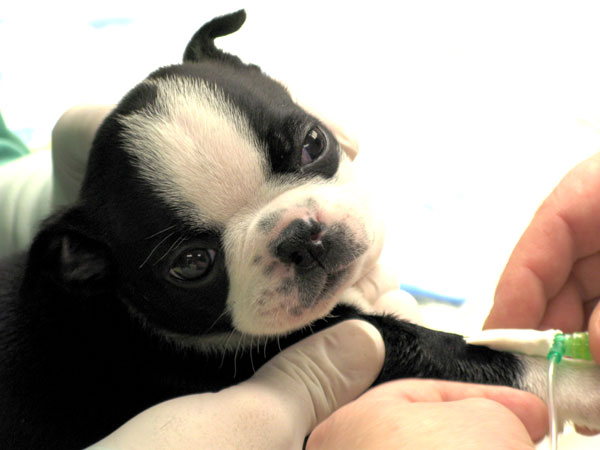MORE NEWS...
Use the portal below to browse all news items back to 2011 without leaving this page. You can also filter news by topics, or use the Search form to search by keywords. Note that using the search form will search the entire site and present search results in a new page.
Canine Parvovirus outbreak in Albury
Warning! An outbreak of Canine Parvovirus has been confirmed in the Albury/Wodonga area. Parvo is a highly infectious life-threatening disease. If your dog is not vaccinated please call the hospital on (03) 5756 2444.
For full details of symptoms, clinical signs and treatment please see this post. More information on the outbreak below
Friday, 14 March 2014: An outbreak of the highly contagious and life threatening Canine Parvovirus (CPV) has been confirmed in the Albury/Wodonga region and other local areas. At this stage there are no confirmed cases in the Porepunkah/Bright area but the virus can spread very quickly and can kill your dog. Direct contact from a contagious dog is not required for the virus to spread.
If your dog has not been vaccinated, or you are unsure if vaccinations are up to date, please call the hospital immediately on (03) 5756 2444. Vaccination has been proven to reduce the incidence and severity of cases.
If you suspect your dog may have the virus call us right away. The most common symptoms are severe vomiting and diarrhoea, which may or may not contain blood. Affected dogs will also often exhibit a lack of appetite, depression and fever but vomiting and diarrhoea are the most common, with vomiting usually the first indicator.
CPV is almost fully preventable with routine vaccinations. There is no treatment to kill the virus once it infects the dog. Affected dogs can be treated however and most dogs with CPV infection will recover if aggressive treatment is used and therapy is begun before severe septicaemia and dehydration occur.

